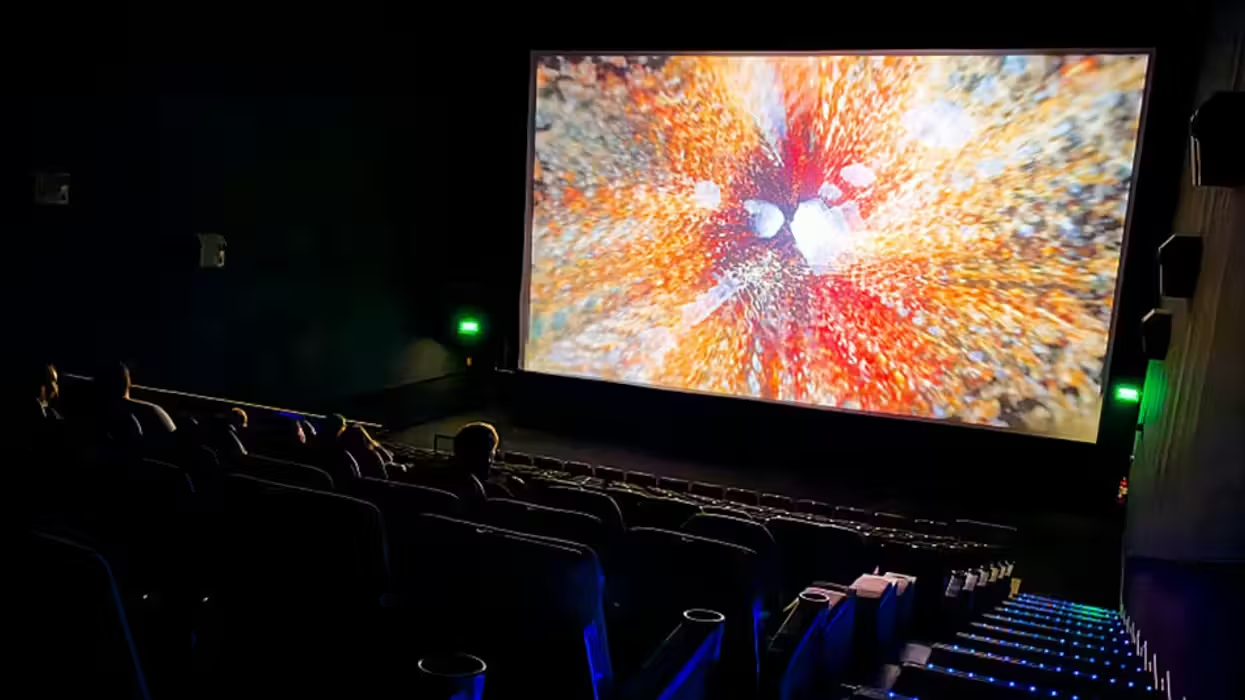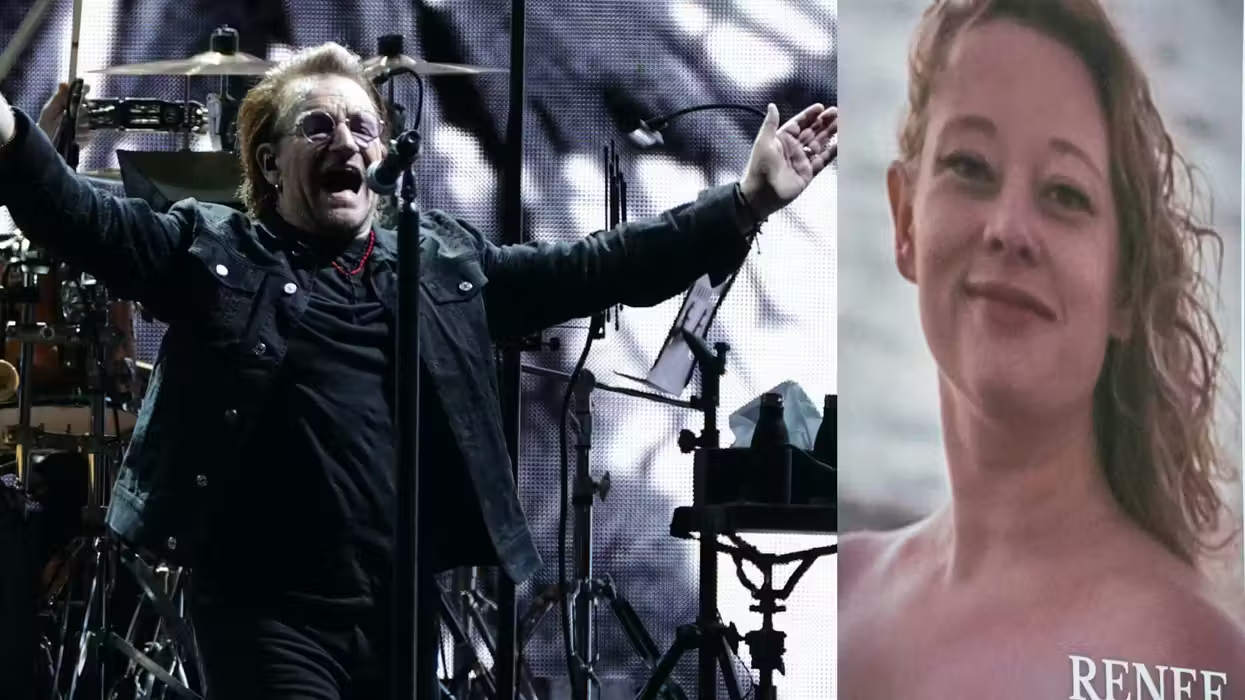
© 2026 Blaze Media LLC. All rights reserved.
Does Calif. Town's 10-Hour Per Day Airplane Surveillance 'Raise Serious Constitutional Questions'?
November 17, 2011
"eye in the sky"
Starting May 1, 2012, Lancaster, California, law enforcement will take to the skies for 10 hours a day on a plane equipped with infrared technology and video cameras. It's purpose? Not only providing an overhead perspective for reported calls of crime, but for seeking out crime as well.
The city council unanimously approved the surveillance measure last week. Wired has more:
Instead of being deployed only in response to specific incidents or needs — as most police aircraft is used — the plane would be dispatched for general-purpose surveillance, regardless of whether there’s any suspicion of a crime being committed.When a 911 call comes in, the location of a suspected crime will be relayed to the aircraft, which will then fly to the scene and begin recording, a sheriff’s spokesman told the Los Angeles Times.
The project, dubbed the Law Enforcement Aerial Platform System, or LEAPS, will cost $1.3 million to launch and thereafter cost the city about $90,000 a month to maintain and operate.
The technology, not surprisingly, was developed by a local company, Spiral Technology.
“The camera could spot a home invasion robbery or track unsuspecting criminals. It could note car accidents so patrol cars could get there more quickly,” city officials told the Times.
Last week, KTLA-TV reported Mayor R. Rex Parris as saying he tested the "eye in the sky" technology, which gives law enforcement an aerial advantage for $300 per hour, and was excited for Lancaster to become the first city in the nation to use this technology for public surveillance:
The surveillance technology is currently used by the military, NASA and a limited number of other federal agencies.But, there are concerns over whether the system would violate the privacy rights of residents.
For instance, if someone wants to sunbathe in the nude on their own property, which is legal, do they have to worry about being captured on camera?
Wired reports further concern from the ACLU:
But Peter Bibring, senior staff attorney with the American Civil Liberties Union of Southern California, told the paper that, “People who have done nothing wrong shouldn’t have anything they do in their yards or homes subject to video surveillance from the sky. To the extent that it involves observing things which a typical pilot overhead might not be able to see, it raises serious constitutional questions.”
Wired goes on to note that the Supreme Court has upheld two cases for aerial surveillance around a home not being considered a search and therefore not needing a warrant.
Watch this debate on the topic (Note: The portion of the segment on this topic is from start to 3:05):
The city tried and failed two years ago to deploy an aerial surveillance system, tabling the proposal when it met resident and civil liberty group opposition, according to KTLA.
Want to leave a tip?
We answer to you. Help keep our content free of advertisers and big tech censorship by leaving a tip today.
Want to join the conversation?
Already a subscriber?
more stories
Sign up for the Blaze newsletter
By signing up, you agree to our Privacy Policy and Terms of Use, and agree to receive content that may sometimes include advertisements. You may opt out at any time.
Related Content
© 2026 Blaze Media LLC. All rights reserved.
Get the stories that matter most delivered directly to your inbox.
By signing up, you agree to our Privacy Policy and Terms of Use, and agree to receive content that may sometimes include advertisements. You may opt out at any time.







